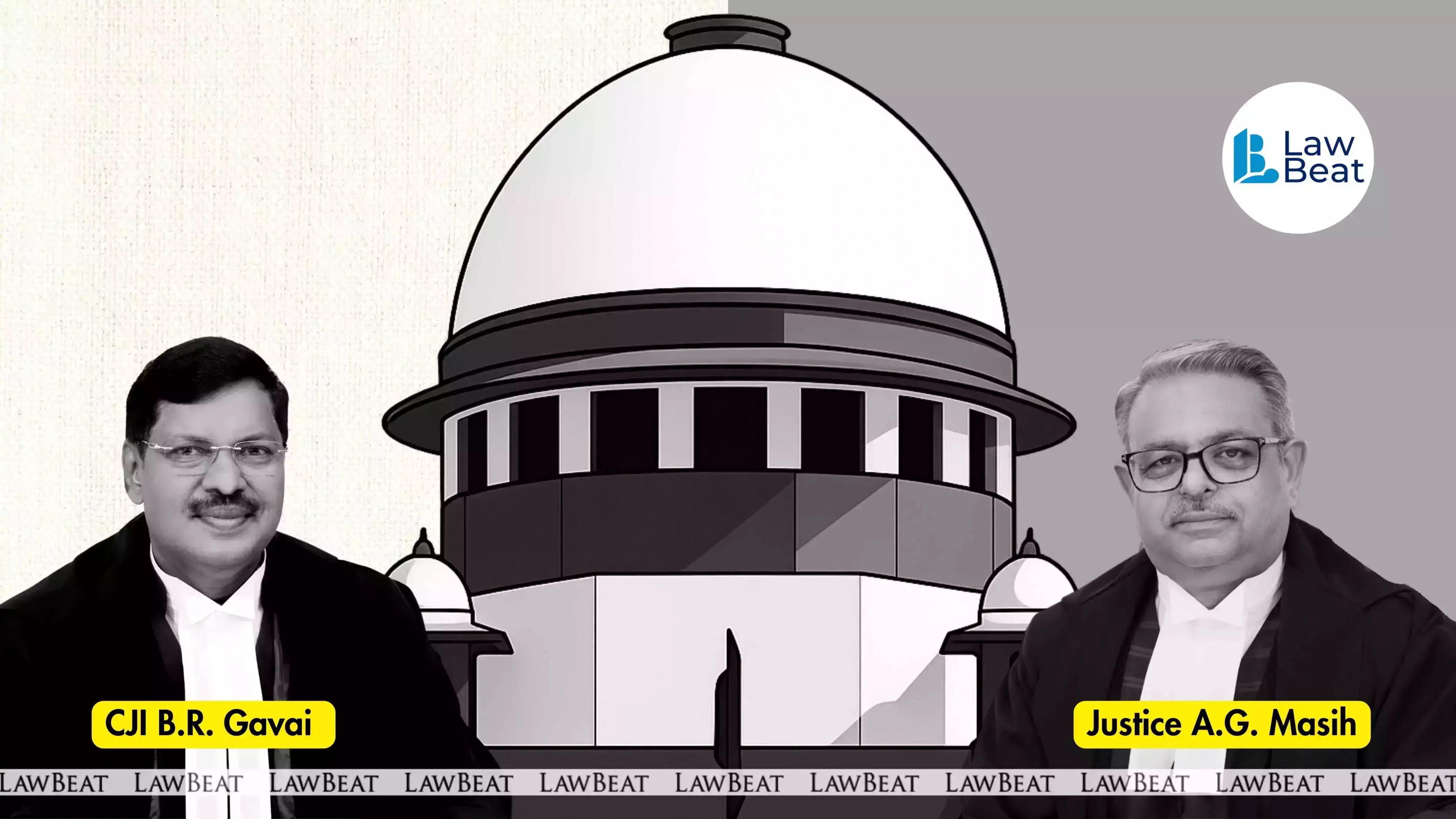Waqf Board CEO should be Muslim if possible; 5-yr Islam practice to create waqf stayed until rules framed: Supreme Court

The Supreme Court upholds the setting aside of an arbitration award in the GMR Kamalanga case
The Supreme Court today while noting that no case is made out to stay the provisions of the entire statute, in order to protect the interest of all the parties and balance the equities during pendency has issued certain directions regarding provision of the Waqf Amendment Act, 2025.
One of them is clause (r) of Section 3 of the Amended Waqf Act whereby “any person showing or demonstrating that he is professing Islam for at least five years” shall be allowed to create a waqf shall stand stayed until the rules are framed by the State Government for providing a mechanism for determining the question as to whether a person has been practicing Islam for at least five years or not.
The proviso to sub-section (2) of Section 3C of the Amended Waqf Act, and the provisions of sub-sections (3) and (4) of Section 3C of the Amended Waqf Act, shall also be stayed.
"It is directed that unless the issue with regard to title of the waqf property in terms of Section 3C of the Amended Waqf Act is not finally decided in the proceedings initiated under Section 83 of the Amended Waqf Act by the Tribunal and subject to further orders by the High Court, neither the waqfs will be dispossessed of the property nor the entry in the revenue record and the records of the Board shall be affected. However, upon commencement of an inquiry under Section 3C of the Amended Waqf Act till the final determination by the Tribunal under Section 83 of the Amended Waqf Act, subject to further orders of the High Court in an appeal, no third-party rights would be created in respect of such properties;", a bench of CJI BR Gavai and Justice AG Masih has directed.
Furthermore. it has been directed that insofar as Central Waqf Council constituted under Section 9 of the Amended Waqf Act is concerned, it shall not consist of more than 4 non Muslim members out of 22. Equally, insofar as the Board constituted under Section 14 of the Amended Waqf Act is concerned, it is directed that it shall not consist of more than 3 non-Muslim members out of 11.
Notably, while the apex court was not inclined to stay the provision of Section 23 of the Amended Waqf Act, it has directed that as far as possible, an effort should be made to appoint the Chief Executive Officer of the Waqf Board who is the ex officio Secretary from amongst the Muslim community.
The interim order of the court further clarifies that what has been observed is upon our prima facie consideration for the purpose of examining as to whether an interim stay should be granted or not to the impugned Act or the provision(s) contained therein and this will not prevent the parties from making submissions with regard to the validity of the provisions contained in the Amended Waqf Act or any of the provision(s) therein.
The Supreme Court has refused to stay the Waqf (Amendment) Act, 2025 in its entirety. "Presumption is always in favour of the constitutionality of the statute. Though entire Act is sought to be challenged..we have considered prima facie challenged to each of the sections and after hearing the parties that case was not made out to stay the statute.", CJI BR Gavai observed in court today.
In May this year, the Supreme Court had reserved its order on interim relief in a batch of petitions challenging the constitutional validity of the Waqf (Amendment) Act, 2025, which, among other provisions, abolishes the concept of "waqf by user" and introduces sweeping changes to the registration and classification of waqf properties across India. The Bench of CJI BR Gavai and Justice AG Masih had heard arguments from Senior Advocates Kapil Sibal, Rajeev Dhavan, and Abhishek Manu Singhvi on behalf of the petitioners. Solicitor General Tushar Mehta appeared for the Union of India.
SG Mehta had told court that three days of hearings had revealed no ex-facie evidence of unconstitutionality. He cautioned that mere legal propositions or hypothetical arguments do not justify halting the operation of a law duly enacted by Parliament.
Case Title: In Re: The Waqf (Amendment) Act, 2025
Order Date: September 15, 2025
Bench: CJI Gavai and Justice AG Masih
